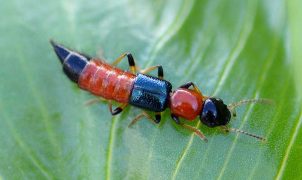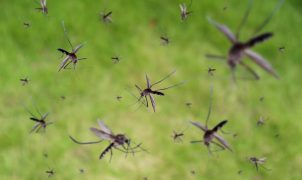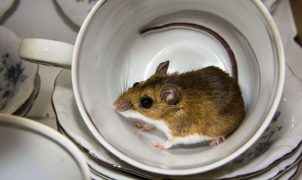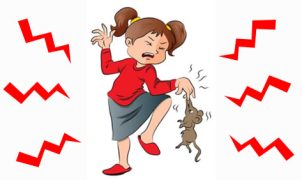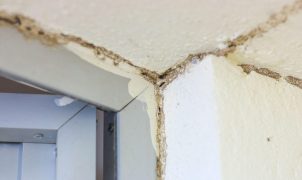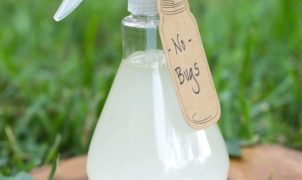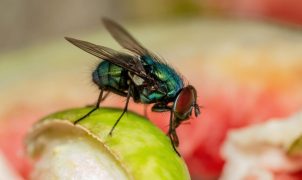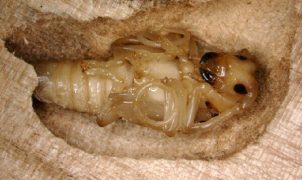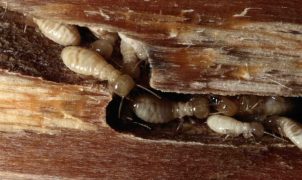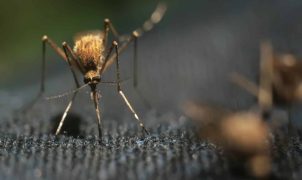
In a world where the line between urban living and nature is often blurred, effective pest management has become an essential aspect of maintaining our homes and well-being. This article delves deeper into the strategies that contribute to effective pest management, highlighting the importance of knowledge, proactive measures, and responsible approaches.
The Power of Knowledge
Understanding the pests that inhabit our surroundings is the foundation of effective pest management. Each pest has its unique behavior, life cycle, and vulnerabilities. By identifying the specific pests you’re dealing with, you can tailor your approach to address their weaknesses while minimizing their strengths.
Proactive Prevention
Preventing pest infestations is not only easier but also more sustainable than trying to eliminate them once they’ve taken root. Regularly inspect your home for potential entry points, such as cracks, crevices, and gaps around doors and windows. Implementing physical barriers like screens and weather stripping can significantly reduce the chances of pests finding their way indoors.
Hygiene and Sanitation
Pests are often attracted to the availability of food and water sources. Practicing good hygiene and sanitation is a fundamental step in effective pest management. Keep your living space clean, ensure food is stored in airtight containers, and fix any leaky faucets to eliminate potential water sources that pests seek.
Natural and Eco-Friendly Solutions
Embracing natural and eco-friendly solutions is a cornerstone of modern pest management. Instead of resorting to harsh chemicals, opt for natural repellents such as peppermint oil, vinegar, and diatomaceous earth. These substances deter pests without causing harm to humans, pets, or the environment.
Integrated Pest Management (IPM)
IPM, as a comprehensive approach, emphasizes prevention, monitoring, and the judicious use of pesticides when necessary. It involves a careful balance of techniques that minimize risks to non-target species and the environment. IPM encourages a proactive mindset, focusing on long-term solutions rather than quick fixes.
Regular Monitoring and Adaptation
Pest management is not a one-time effort; it requires consistent vigilance. Regularly inspect your living space for signs of pests and adapt your strategies accordingly. If you notice a change in pest behavior or an uptick in their presence, adjusting your approach promptly can prevent a small issue from becoming a larger one.

Community Collaboration
Pest management is a collective effort that extends beyond individual households. Collaborate with neighbors, local communities, and even local authorities to address pest issues on a larger scale. Sharing knowledge and strategies can create a more pest-resistant environment for everyone.
Understanding Effective Pest Management
At its core, effective pest management is about finding the right balance between controlling pest populations and preserving the delicate ecosystem around us. It goes beyond simply eradicating pests; it involves strategies that are safe, sustainable, and considerate of the environment.
The Importance of Prevention
Prevention is often the first line of defense when it comes to effective pest management. By implementing preventive measures, you can significantly reduce the risk of infestations. Start by sealing cracks and openings in your home, ensuring that pests have no easy access points. Keep your living space clean and tidy, eliminating potential food and water sources that pests are drawn to.
Integrated Pest Management (IPM)
IPM is a holistic approach that combines various techniques to manage pests in the most effective and environmentally friendly way. It involves assessing the situation, identifying the pest, and implementing a combination of strategies such as biological control, physical barriers, and targeted chemical applications. IPM is not a one-size-fits-all solution; it is tailored to the specific pest and the environment it inhabits.
Choosing the Right Tools and Techniques
Effective pest management involves selecting the right tools and techniques for the job. For example, using traps can be effective for monitoring and capturing pests without resorting to chemicals. Natural repellents like essential oils can also deter pests from entering your space. If chemical treatments are necessary, opt for those that have the least impact on non-target species and the environment.
Regular Monitoring and Maintenance
Pest management is an ongoing process. Regular monitoring allows you to catch pest issues in their early stages, making them easier to address. By keeping a vigilant eye on your living space, you can identify any changes that might indicate a potential infestation. Timely action can prevent minor problems from turning into major headaches.
Professional Assistance
While DIY methods can be effective, sometimes it’s best to call in the experts. Professional pest management services have the experience, knowledge, and tools to tackle even the most stubborn infestations. They can identify the root causes of the issue and implement comprehensive strategies to address it.

Conclusion
Effective pest management is a dynamic process that combines knowledge, prevention, and responsible practices. By understanding the pests, practicing proactive prevention, using eco-friendly solutions, and embracing integrated approaches, you can create a living space that is both comfortable and free from the disruptions caused by pests. In a world where coexisting with nature is crucial, mastering effective pest management is not just a choice; it’s a responsibility we all share.

